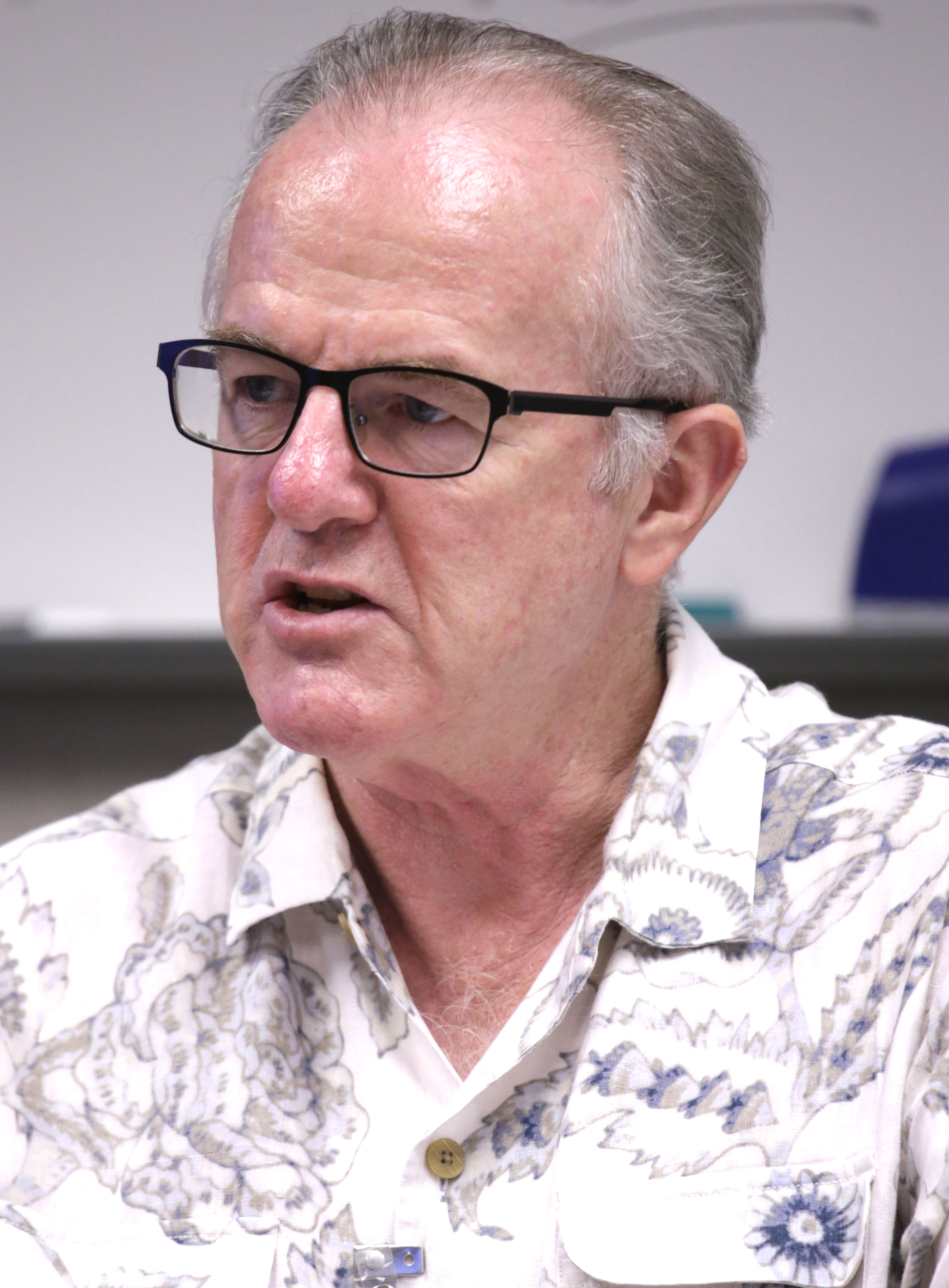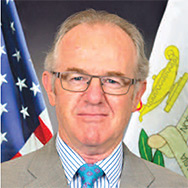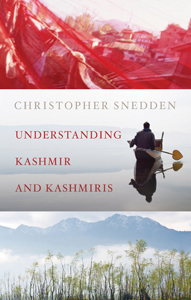New faculty commentary on the Future of Kashmir
Dr. Christopher Snedden was recently in India where he was interviewed by several media outlets and wrote an editorial on the Kashmir region. In the interview with the Hindu Business Line, Snedden discusses the Kashmir region and the uniqueness of its situation. According to Snedden, “the bilateral dispute over whether India or Pakistan should possess J&K will continue for some time. India and Pakistan have not yet been able — or perhaps willing — to resolve it. There is little or no political will on either side to do so; neither has a perception that might lead to a meaningful compromise. [...]








